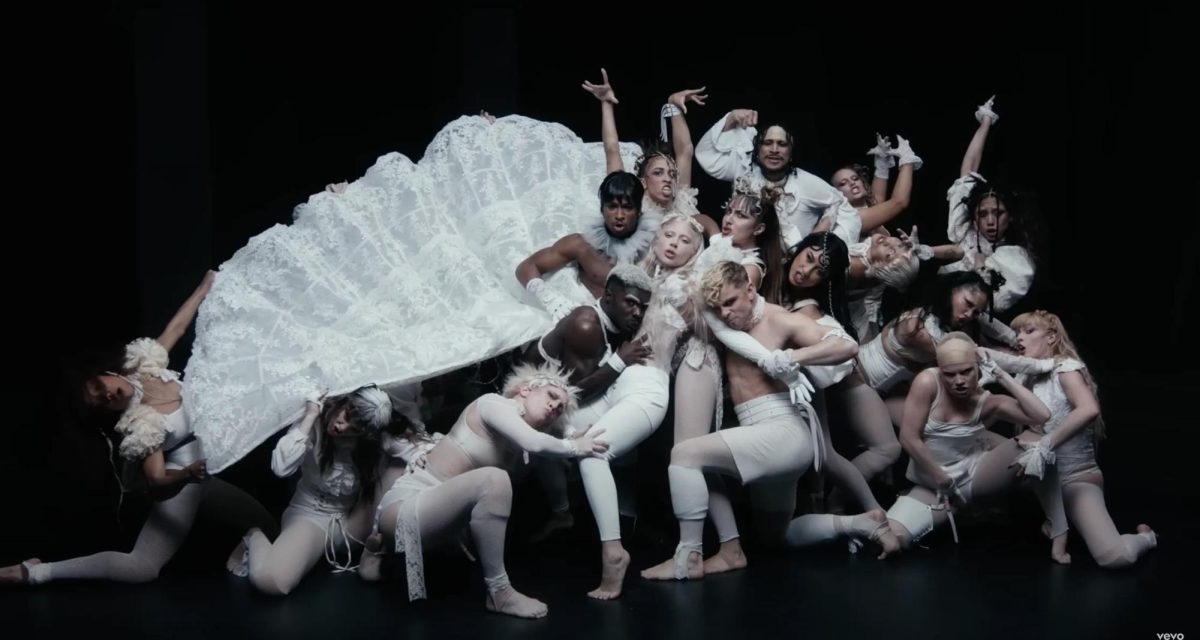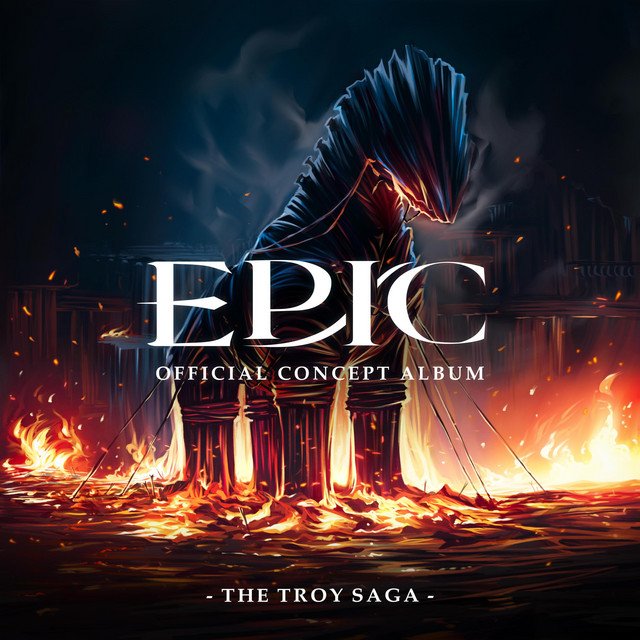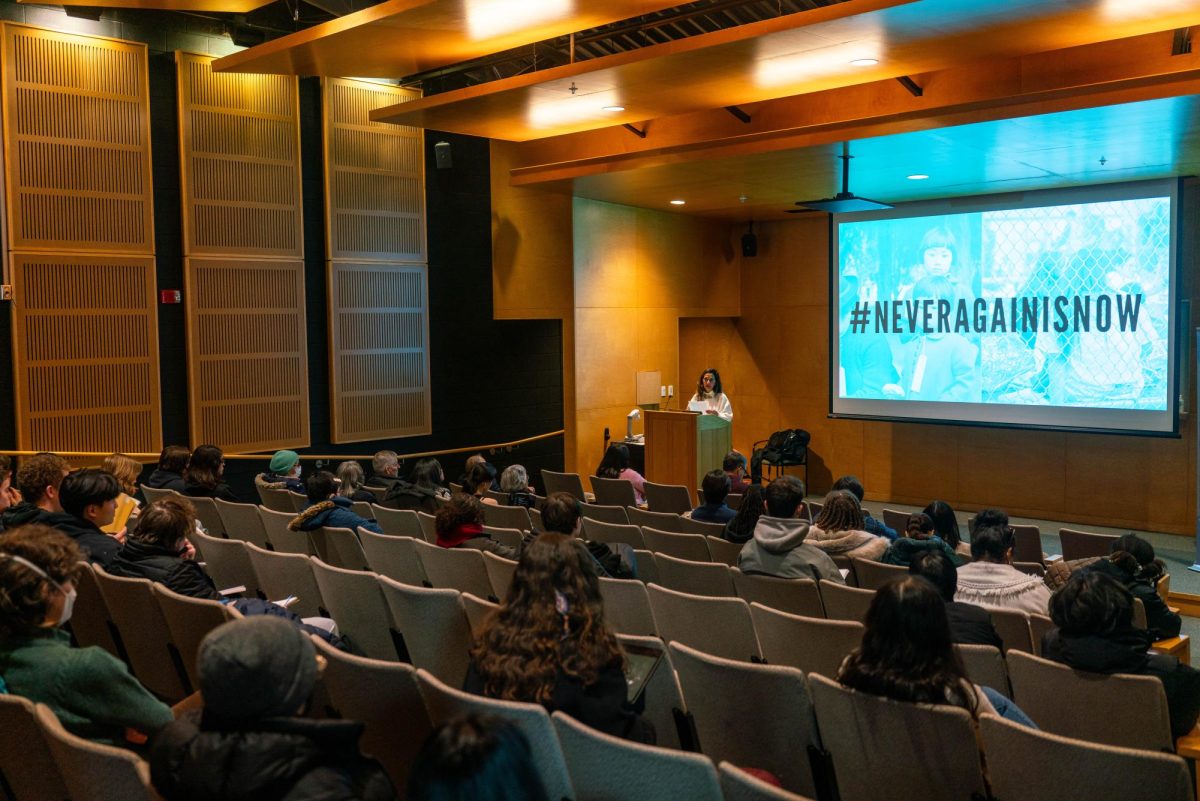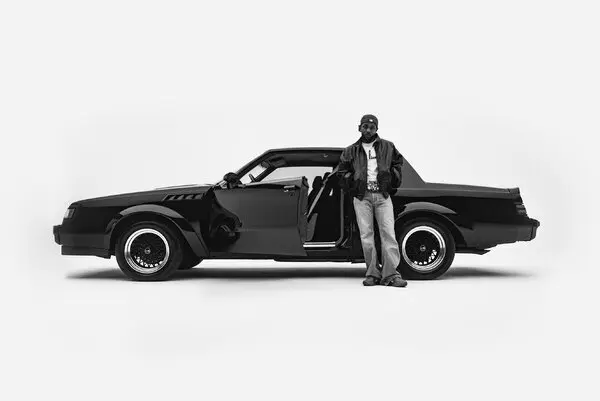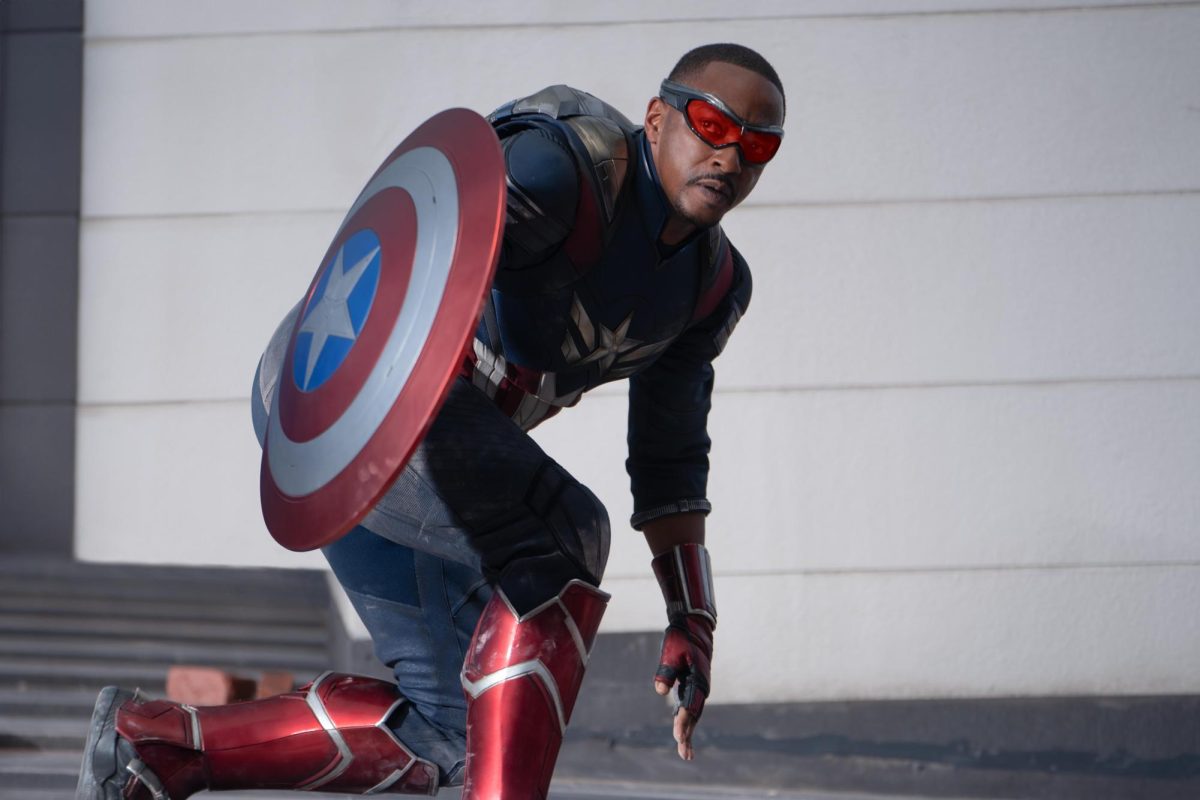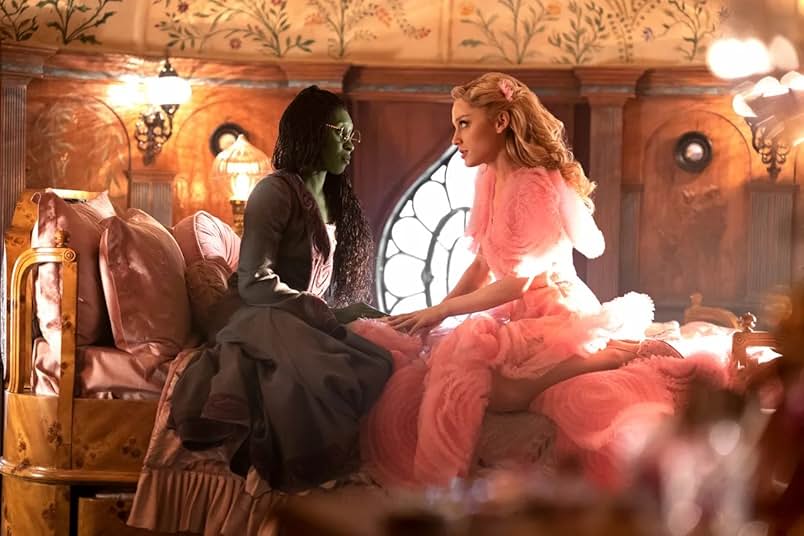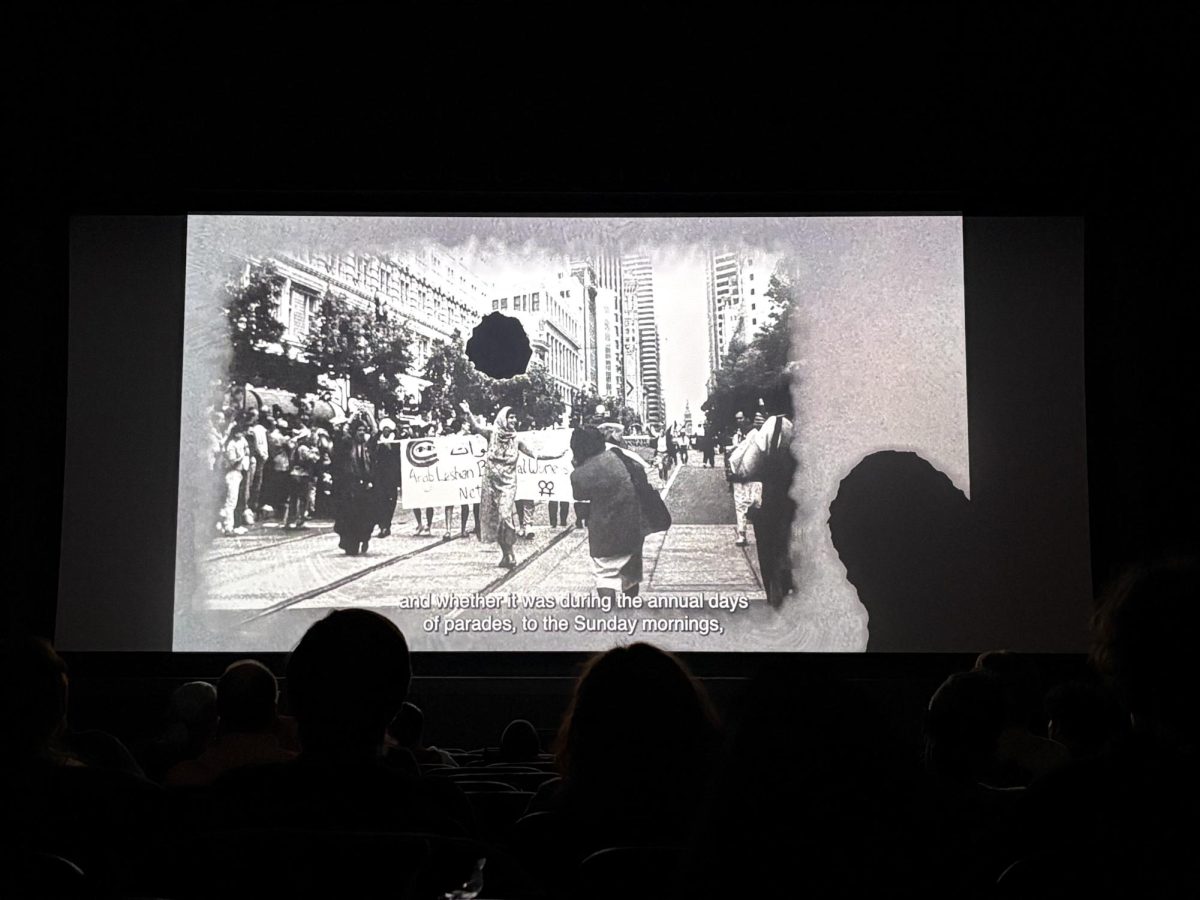Luca Guadagnino gave us queer coming-of-age in Call Me By Your Name. He gave us lonesome cannibals and the great American rural expanse in Bones and All. Now, he picks up from his usual tempo of slow yearning amid breath-taking scenery and turns his attention to the fast-paced world of professional tennis in his new film Challengers, starring Zendaya, Josh O’Connor, and Mike Faist. The result is a melodrama of epic proportions powered by the sheer, electric chemistry between the three leads.
I am admittedly underqualified to write this review in that I don’t know the first thing about tennis; frankly, the sport bores me. Luckily, the latter sentiment is shared by Guadagnino himself, who is uninterested in the way that tennis coverage focuses on the mundane technicalities of the game in order to offer an objective perspective. Challengers doesn’t care whether the ball is out-of-bounds or not; it cares about broken rackets, drips of perspiration, and the conversation that occurs as the ball moves from one player to the other.
The film begins at a challenger’s match in New Rochelle, NY. An established tennis champion stuck in a losing streak (Faist) faces off against a washed-up player (O’Connor) who couldn’t even afford his breakfast that morning in a seemingly innocuous match. The catch? The two men used to be doubles partners and best friends before their shared love for a female tennis player (Zendaya) tore them apart — and she’s sitting in the stands watching the match unfold.
We then go back in time to watch the drama play out over the course of over 12 years. We see Faist and O’Connor as fresh-faced teens falling all over themselves to get Zendaya’s number — their friendship in these early years is one of the most endearing elements of the film. Their body language often mirrors one another in nearly perfect synchronicity as they whip their heads back and forth to watch a match or throw themselves across the room to sit on either side of Zendaya.
But despite the generous amounts of charm which Faist and O’Connor offer in each scene they inhabit, we all know who the star of the show is. It’s Zendaya’s world and we’re just living in it. She commands every frame with her usual poise, precision, and power, delivering cutting slights and tender moments of vulnerability with equal prowess. Her chemistry with both Faist and O’Connor makes the film sing. Within the trio, she is certainly the strongest element. This is her first role where we have seen her play an actual adult. She’s even a mother of a young daughter by the end of the film, and it feels like an essential turning point in her career.
As the men’s friendship breaks down and their respective relationships with Zendaya’s character ebb and flow, the drama swells to epic proportions. Challengers isn’t afraid to get big and bold with the intensity of it. In the final match between O’Connor and Faist, sweat pours from their faces in slow motion close ups, and the score which powers the film with an anticipation-building electronic synth beat builds to a resounding climax. While the drama of it all can be overwhelming, it is certainly earned. Every twist and turn of the match feels like an inevitable culmination of more than 12 years of anger, frustration, homoeroticism, and tension between the two men.
It seems that every brand conceivable got wind that Challengers would be a smash hit and secured their place within it accordingly. Practically every frame is slapped with a not-so-subtle label, from the Uniqlo uniform that Faist sports to a prominently displayed Dunkin Donuts sandwich that O’Connor wolfs down with a ravenous hunger. When two of the characters attend Stanford, the school’s logo appears in colossal lettering in the background of the dining hall where they eat. The excessive branding comes off as tacky, and once you notice that it’s there, it’s impossible to ignore its presence in nearly every single scene.
In a different, lesser movie (think the recent Mean Girls movie which touted cans of Bubly and e.l.f. products), this endless product placement would have made the film feel like nothing more than one big commercial. But due to Challengers’ subject matter, something about the branding just makes sense. It’s about sports and the spectacle of sports, after all. Anyone who has ever been to a stadium knows that there isn’t an inch that isn’t covered in advertisements of some kind. Sure, it isn’t subtle that Zendaya’s character Tashi Duncan is very prominently sponsored by Adidas — the fated trio meet at an “Adididas party” at her house — but in all likelihood Tashi would be sponsored by some major sports brand or another. Though I will say given Dunkin Donuts’ assertive presence within the movie, her last name is certainly suspicious.
Regardless, I have a hunch that Challengers is destined to be a classic — if not one of prestige then certainly one of pure and simple star power and excitement. Luca Guadagino deserves recognition for being one of the best working directors right now, and Challengers has pushed his range into new and promising territory.




